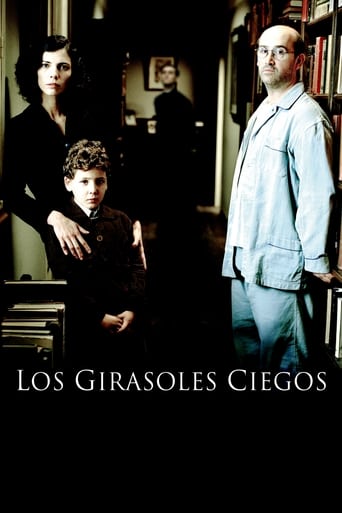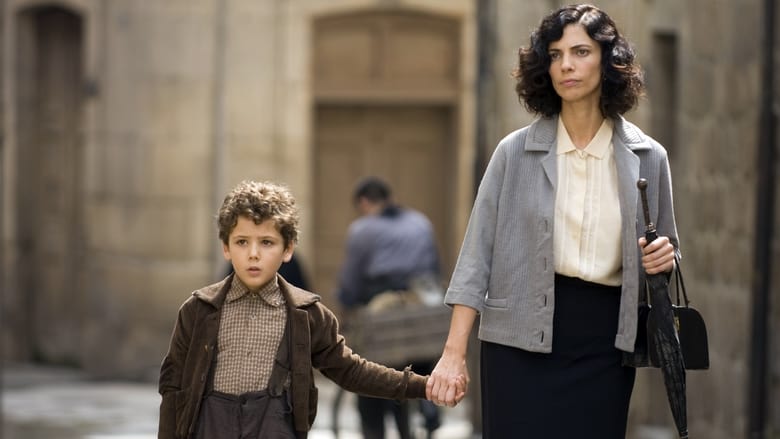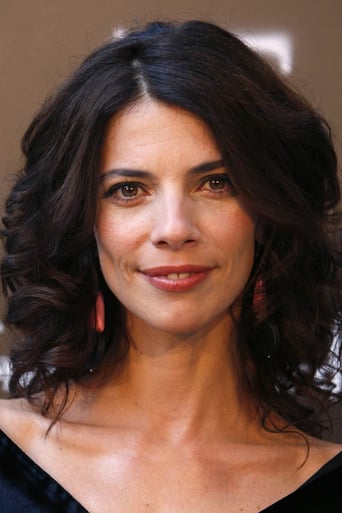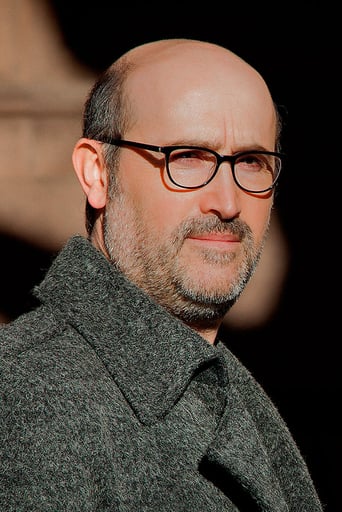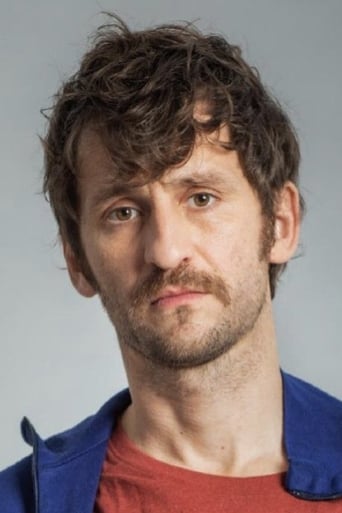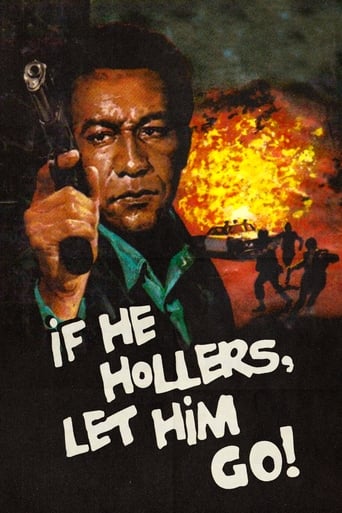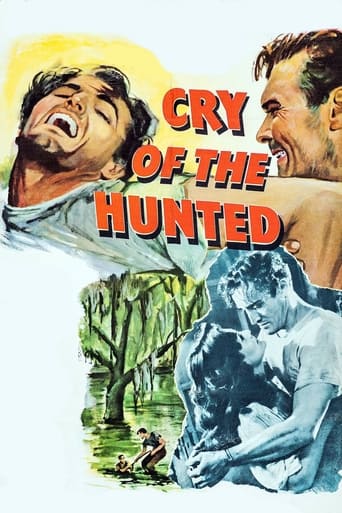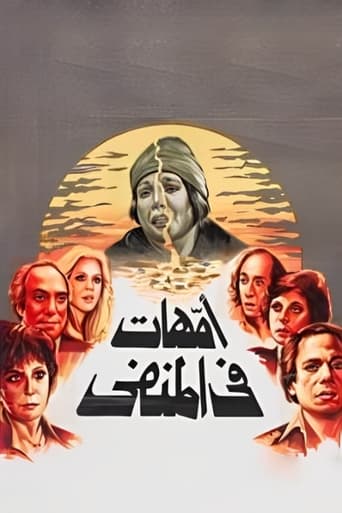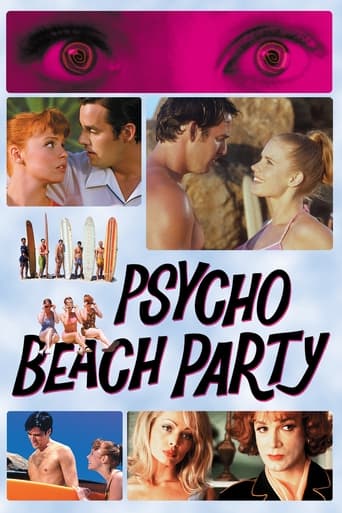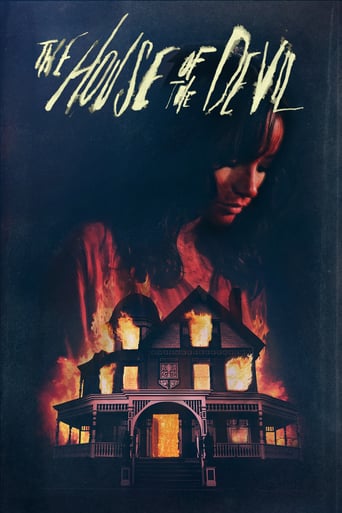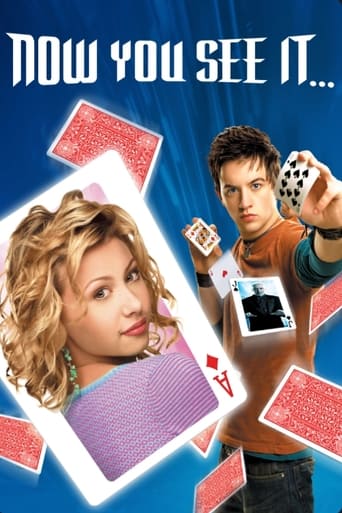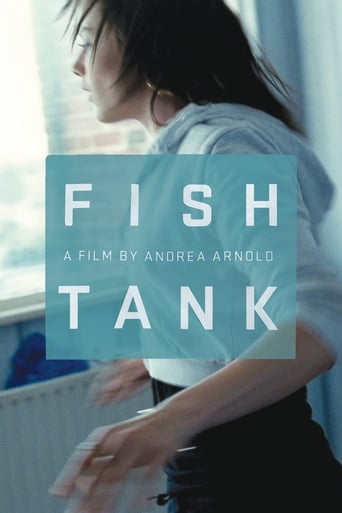The Blind Sunflowers (2008)
Orense, Spain, 1940, just after the end of the Civil War. Every time Elena locks the door of her home, she and her children become the faithful guardians of a sacred secret: Ricardo, her husband, their father, hides in the house, trying to avoid the brutal political persecution of the victors, who hunt, as if they were wild animals, and imprison or execute, those who have lost the bloody and tragic struggle…
Watch Trailer
Cast
Similar titles
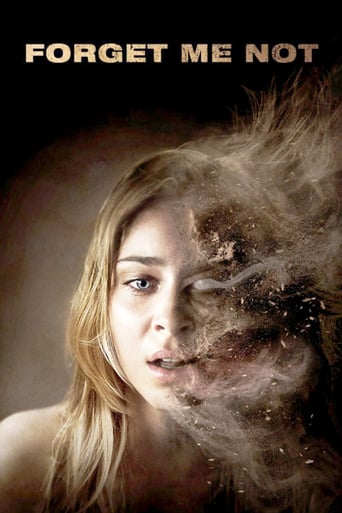

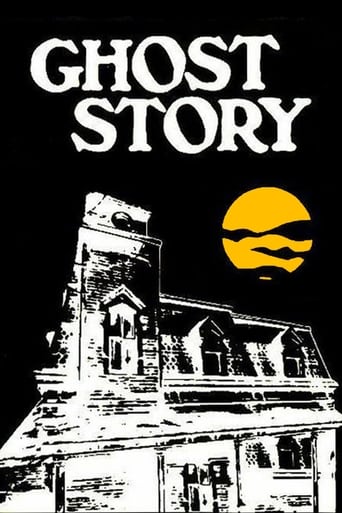
Reviews
I think this is a new genre that they're all sort of working their way through it and haven't got all the kinks worked out yet but it's a genre that works for me.
This is a tender, generous movie that likes its characters and presents them as real people, full of flaws and strengths.
Blistering performances.
The movie turns out to be a little better than the average. Starting from a romantic formula often seen in the cinema, it ends in the most predictable (and somewhat bland) way.
It is set in 1940 Orense , Galicia , there appears a Seminarist , Salvador : Raúl Arevalo , who has participated in the Spanish Civil War and has a dark past as a soldier . Salvador comes to a school to teach kiddies , one of them is Lorenzo : Roger Princep . The little boy Lorenzo lives with his mother Elena , Maribel Verdu , and his hidden father Ricardo : Javier Cámara , who is locked at home attempting to avoid be chased . Furthermore , their daughter Elena : Irene Escolar , about to escape with Lalo : Martiño Rivas , a pursued communist.Intense drama dealing with the consequences of Spanish war (1936-39) about an undercover family whose father is living hidden at a flat , as he is pursued by the Francoist authorities . This one turns out to be another film upon Civil War and Francisco Franco period , usual themes in Spanish Film history . Last screenplay by the great Rafael Azcona considered to be the best writer of the Spaniard cinema and based on a successful novel by Alberto Méndez . The cast gives acceptable interpretations as Raul Arevalo as a confused priest who arrives in Orense after fighting in the war front , Javier Cámara as a professor who spends several years hidden at home attempting to flee from an obstinate persecution . Maribel Verdú delivers a passable interpretation , but overacting at times , she suggested Raúl Arévalo for the main character . There are interesting scenes , especially the provoking dialog between Salvador/Raúl Arevalo , and the priest/Jose Angel Egido . However , some scenes between Arevalo and Maribel Verdú result to be embarrassing . Both of them do not deliver the necessary chemical . In addition , the secondary plot line about the young daughter and her lover does not fit to script . Evocative settings , being perfectly set in its period . Colorful and atmospheric cinematography by Hans Burmann . The great cameraman Hans Burmann has a long career from the sixties to present-day, including successes as ¨Bearn¨ , ¨Guantanamera¨ , ¨Rey Pasmado¨ , ¨Gitanos¨ , ¨Open you eyes¨ and ¨Tesis¨. Emotive and sensitive musical score by Lucio Godoy.The motion picture ¨The blind sunflowers¨ (international title) was professional but regularly directed by José Luis Cuerda , and it was Spain's 2009 Academy Awards official submission to Foreign-Language Film category. It won several Goya Awards 2009 as Goya Best Adapted Screenplay : Rafael Azcona , José Luis Cuerda , Goya Best Lead Actor : Raúl Arévalo , Best Lead Actress : Maribel Verdú , Best Supporting Actor José Ángel Egido , Best New Actor : Martiño Rivas , Best Director : José Luis Cuerda , Best Cinematography : Hans Burmann , Best Editing : Nacho Ruiz Capillas , Best Production Design : Balter Gallart . And Spanish Actors Union won : Performance in a Minor Role, Male : José Ángel Egido . And Cartagena Film Festival 2009 won Golden India Catalina Best Director : José Luis Cuerda and Best Supporting Actor : Roger Príncep . Besides , Cinema Writers Circle Awards , Spain 2009 CEC Award Best Actress : Maribel Verdú . José Luis Cuerda is a veteran craftsman , being his film debut ¨Pares Y Nones¨ , a typical Madrid comedy . He subsequently directed ¨El Bosque Animado¨ that achieved enough success . He followed directing flops as ¨Viuda De Capitán Estrada and ¨Tocando Fondo¨ . His biggest hit was ¨Amanece Qué No es Poco¨ and its sequel ¨Así En El Cielo Cómo En La Tierra¨.
A Spanish post-war drama directed by Jose Luis Cuerda and based on the novel of Alberto Mendez of the same title.The story is set in the Spanish city of Orense, in Northern Spain, in the 1940s, and tells the story of a family of communists struggling to survive after the victory of the fascists in 1939. The father Ricardo -played by Javier Camera- declared dead, lives hidden in the family basement with his subversive and prohibited books, and types works on his wife's behalf to earn some money. The mother, Elena -played by Maribel Verdu- lives and acts as a widow who makes ends meet by sewing and typing. Their teenage daughter Elenita and her boyfriend Lalo -played by Irene Escolar and Martin Rivas- are involved in guerrilla activities but try to escape the country, while child Lorenzo -played by Roger Princep- goes to the children school in town. There, Gonzalo gets the eye of Fr Salvador -played by Raul Arevalo- a seminarian and fascist ex-soldier who feels immediately attracted to Elena.The script is mediocre with stereotypical characters, predictable plot and events, and, most importantly, without emotion or heart. A soulless movie despite telling a story that should be moving and thought-provoking, and it ends being just pretentious. Nothing new in the exploration of the aftermath of the Spanish Civil War.Regarding the acting, Maribel Verdú and Javier Camera do not believe what they are playing, and their performances are mediocre, much below their acting abilities and quality. Raul Arevalo is good in his portray of the confused tempted priest. The rest of the supporting actors are OK in their roles, but child Roger Princep was awful to watch.There is nothing excellent or memorable about the film, just mediocrity. To be honest, the things I liked the most about this film were its atmosphere, the views of the Orense's city, and the title. While watching this movie I thought of a similar movie which, instead, showed all what this lacked in this - the Butterfly's Tongue.Despite the script being so poor, perhaps because the novel was not, the scriptwriters won a Goya -the Spanish Oscar- to the best script in 2008. The movie was also selected to represent the Spanish cinema in the Oscars in the same year, but did not make the final cut.
I saw this last month at the 2009 Palm Springs International Film Festival. The screenplay by the late Rafael Azcona was adapted from the widely popular Alberto Mendez novel and the setting is northern Spain in the immediate post Spanish Civil War period. Elena (Maribel Verdu) has assumed the role of head of the household as her left wing school teacher husband Ricardo (Javier Camera) is being south by the right wing government and is believed by them to have been killed but in fact he is in hiding in the house. Another left wing fugitive is Lalo (Martin Rivas) who has also been hiding in the home but now must flee to the safety of the Portugal border with his pregnant wife and daughter of Elena and Ricardo, Elenita (Irene Escolar). Elena and Ricardo's youngest child Lorenzo (Roger Princep) is enrolled in a catholic school where his teacher Salvador (Raul Arevalo) is a former military conscript who has returned to studying for the priesthood and is a part-time school teacher and sympathetic to the right wing government. He also is obsessed with the beautiful and supposedly widowed Elena and is torn between trying to win her affections or becoming a priest. From director Jose Luis Cuerda it offers nice cinematography from veteran Hans Burman and beautiful art direction from Baltasar Gallart but it's nothing more than a made for TV movie like you might find on Lifetime. I'm sure the film must have fallen far short of the novel. It comes across as forced, silly and even laughable in places where it isn't supposed to be funny. I suggest you pass on it and I would give it a 5.5 out of 10.
Once again, the postwar period is used as stage for a good movie with magnificent actors who turn it into a big one, giving life to prominent figures who fight to survive, trying to give sense to their acts, no matter what. It is true that Javier Cámara's jump turns out to be artificial, maybe because he does not spread himself in dramatic quality and goes to the practical thing, but Maribel Verdú, in her better moment of the movie, reduces the fault completely. We have an adaptation that focuses on the conflict of one of the main characters of the original tale. The totally corrupted by the war morality of the religious man (something that reminds me to the soldier men of In Elah's Valley) If they had focused, for example, on the confinement of the husband, we would have another thing, better or worse, we do not know it, but it would be already another story. By the way, the child asks this question because he does not see the suicide. Is just the woman who runs towards the room when the husband says goodbye.
